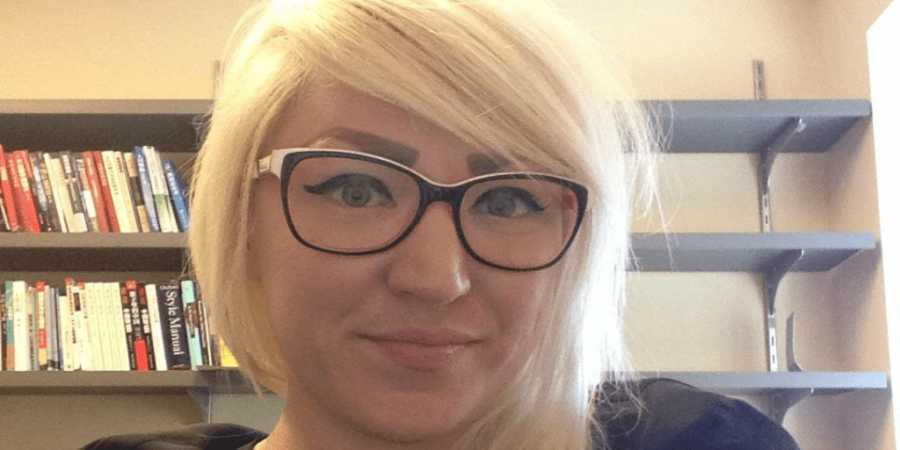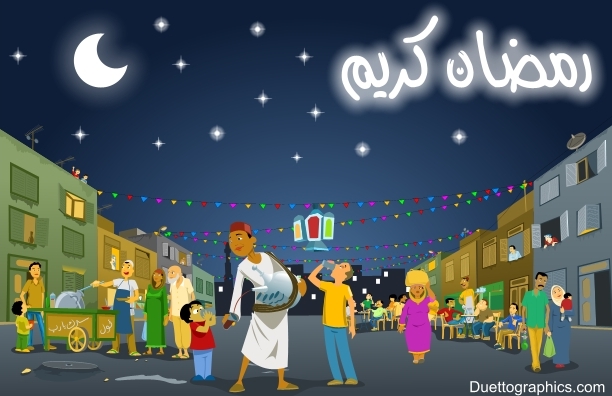The editors at Altmuslimah.com have embarked on an ambitious project: providing a space for compelling comment on gender in Islam, and building a platform for intra- and inter-community dialogue on a wide variety of gender-related issues
The editors at Altmuslimah.com have embarked on an ambitious project: providing a space for compelling comment on gender in Islam. “Gender in Islam” has multiple dimensions and evokes a multitude of emotions: fear, confusion, defiance, love. It is Altmuslimah’s goal to explore all of these dimensions and provide a platform for intra- and inter-community dialogue on a wide variety of gender-related issues.
The mode of exploration is a combination of analysis and personal stories. The editors at Altmuslimah are firm believers in the power of narratives to help explain social phenomena. By uncovering the stories of a wide cross-section of men and women in the community, the gender issues that affect both men and women will come into sharper focus.
To this end, the editors at Altmuslimah encourage you to submit pieces (videos, podcasts, articles, fiction, photography, art, and blogs) that touch upon Muslim identity formation; gender relations and the construction of sexuality; and/or the intersection of gender and society, economics, politics, and culture.
Muslim Identity Formation
In these times, when Islam is under tremendous scrutiny, there is probably no issue in greater contention than that of gender relations in Islam. With the media constantly spewing out images of oppressed Muslim women and angry Muslim men, the world looks on with both fascination and disgust. The Muslim gender dynamic – supposedly a singular, unchanging construct – has become a spectacle for everyone to gawk at, comment on, and ultimately use to ridicule the larger Muslim community.
But it is not just non-Muslims who are gawking; we as Muslims often find ourselves feeling somewhat awkward as well, especially as the news becomes stranger and more prevalent.
It is inevitable that so much outside scrutiny would force us to look inside as well – inside the community and inside ourselves. Part of this turning inward is about policing the wrongdoers among us and becoming more cognizant of the evils swept under the rug. It is about realizing that we as a community are vulnerable to the same social ills as any other.
But more than that, looking inward is about reflecting on our individual spiritual cores – the place where we, in our quiet moments, wonder about our identity vis-à-vis the world, the part of us that cowers under the spotlight. While putting on a façade of defiance, our spirituality is often in a state of flux. We believe in our religion but cannot reconcile it with all of the horror stories. We blame “culture” and subjectivity. We assert interpretational control over the sacred texts, insisting that our progressive values are rooted in the “true” Islam. All the while, though, inwardly we wallow in our cognitive dissonance.
Recognizing that our spiritual growth is often a lonely, confusing process, it is one of Altmuslimah’s goals to provide a space where the process can be shared with others. The editors at Altmuslimah hope that, by adding a communal element to our readers’ spiritual evolutions, we will be adding clarity and understanding as well.
Gender Relations & The Construction of Sexuality
There is an urgent need to examine how men inform women’s sexuality and gender identity, and how men are taught to understand and interact with women socially and theologically.
Women and the way their sexuality is constructed by society is not a vacuous process. For example, dress codes and seclusion – both behavioral and physical – set up a framework within which women must define their sexual identity. While a part of this may be rooted in religious scripture, it is scripture interpreted, and sometimes manipulated, by men. Similar sorts of interpretations, as well as cultural and psychological motives, impact gender relations in a variety of relationships, but especially courtship and marriage. Through analysis and personal narratives, Altmuslimah hopes to unravel some of these complexities.
Importantly, Altmuslimah is not just for and about women, and it is definitely not about demonizing men. An important, but often unheard, voice is that of the multitudes of Muslim men who do not fit the dominant image of violence and anger. Mainstream media contributes to this representation by focusing on stories of violence over stories of compassion, and then using those gruesome stories as representative of all Muslim men. By the same token, internal Muslim politics, misogynist interpretations of scripture, and home country cultural baggage, help fortify the image of the Muslim man as dominant, unyielding, and inevitably oppressive. Lost among all this are average Muslim men, the hardworking, loving father, brother, son and husband who supports his daughter, sister, parents and wife in both tangible and intangible ways. Lost in the public discourse are the Muslim men who explicitly reject hyper-masculinity and misogyny and are driven by their faith to deviate from a patriarchal model of gender relations.
How do these men feel about the stereotypes? Where in all of the rhetoric do they place themselves, if at all? And, how do the stereotypes affect the way they view and treat women?
Just as Altmuslimah is not about demonizing men, it is also not about victimizing Muslim women. The vast majority of Muslim women are strong and successful, and many are independent enough to defy male control over their gender identity. Altmuslimah wants to put the spotlight on these women.
The Intersection of Gender and Society, Economics, Politics, and Culture
Beyond the central question of the formation of sexuality and gender identity are the myriad ways in which gender intersects with society, culture, economics, and politics. Altmuslimah will feature probing content on this topic, the type that digs deep beneath the surface to uncover innovative solutions. What does women's political empowerment mean to Muslim women – is that perspective defined vis-a-vis men, or independently? How does the reality of poor women having to work affect their religious worldview on gender as compared to middle or upper-class women? Does a Muslim country's fashion industry, movie business, and art scene conform or deviate from stereotypical understandings of gender in Islam? How early in Islamic education or Sunday School should we be talking about gender? How does racism impact women's and men’s self image; how does it impact marriages and in-law relationships? What are the social and economic ramifications of the growing number of educated Muslim women who are unable to find suitable mates?
The editors at Altmuslimah welcome your exploration.
Asma T. Uddin is editor-in-chief of the online newsmagazine Altmuslimah.




